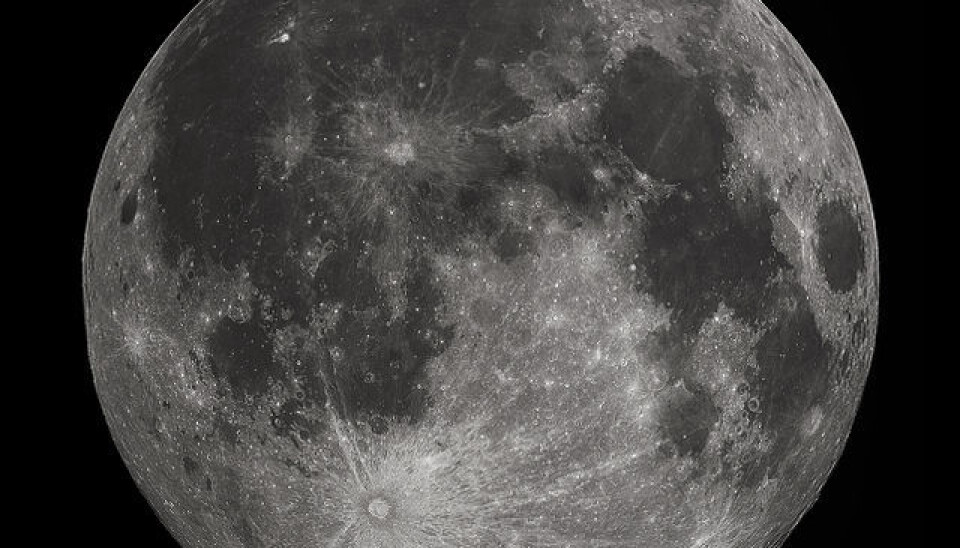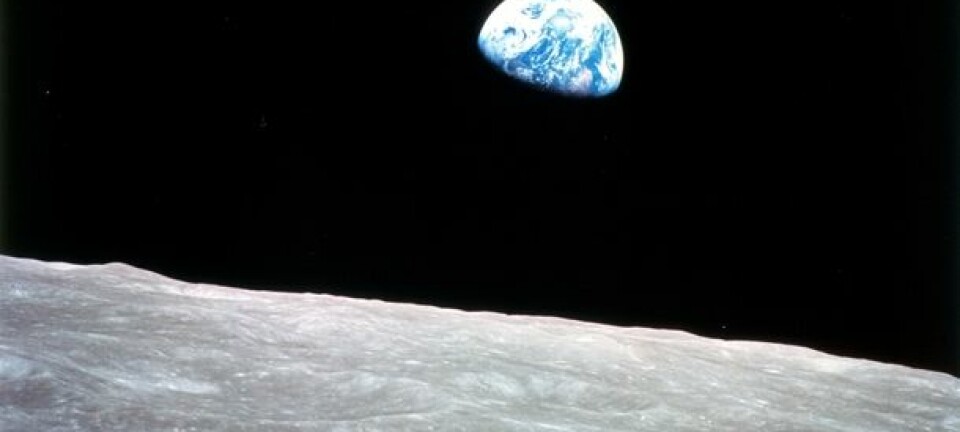
Google wants you to go to the Moon
Why is Google trying to get people excited about space travel? A Q&A with Anita Heward of the Google Lunar X Prize.
Editor's note: this article was written by high school students from the ESOF2014 Academy. You can read more about ESOF and Future Academy here.
Would you like to win $30 million? If so, all you have to do is build your own space rocket, get it on the Moon, and have it launch a robot that can roll 500 meters away from the rocket while it's streaming HD photos and video back to Earth.
If you think that sounds easy then Google's Lunar X Prize might be something for you.
Perhaps it's an exciting challenge for young students with dreams of space travel -- or a way to get them engaged with science.
Three high school students got a chance to speak with Anita Heward who manages the Google Lunar X Prize in Europe. Here is what came out of that conversation:
Sciencenordic: can you explain what the Google Lunar X Prize is about?
Heward: "The competition is a 30 million dollar competition. You have to land a robot on the moon, and it has to roll 500 meters, and send back HD pictures and video. If you do that you claim the first prize of 30 million dollars. The 2nd prize is 5 million dollars.
There are also bonus prizes for doing miscellaneous things such as collecting water, taking pictures of the Apollo site or the heritage site on the Moon. Last year we introduced some other prizes called the milestone prizes.
Teams that can demonstrate that their equipment is able to do tasks or complete the challenge can get some money in advance -- we hope that can help teams to complete the challenge."
Why do we want to go back to the Moon?
"It's been a long time since humans were on the Moon and we've had several robot missions since -- last year a Chinese robot landed on the moon. The more we learn out about the Moon, the more we realise that we don’t know enough about it.
We still don’t have a precise answer to how the Moon was formed and there are many scientific questions that we would like to know more about.
We're also trying to analyse the Moon because we know that it's very rich on resources and has high quantities of rare metals -- higher than what's on Earth. There's also a lot of water trapped in ice on the Moon's two poles.
At some point we can start using these resources if we can find the means to harvest them. The Moon can also be used as a station for future space missions."
Who is sponsoring the $30 million prize?
"The Google Lunar X Prize is run by the X Prize foundation, which is a non-profit organization that aims to stimulate innovation through interactive competitions. The X Prize Foundation does all kinds of competitions with all sorts of challenges.
Lunar X is the biggest one run right now, but beside that the foundation also deals with things like the ocean and literacy. All of this is sponsored by Google who very generously provides the prize money and covers the operational costs of a competition like this."








